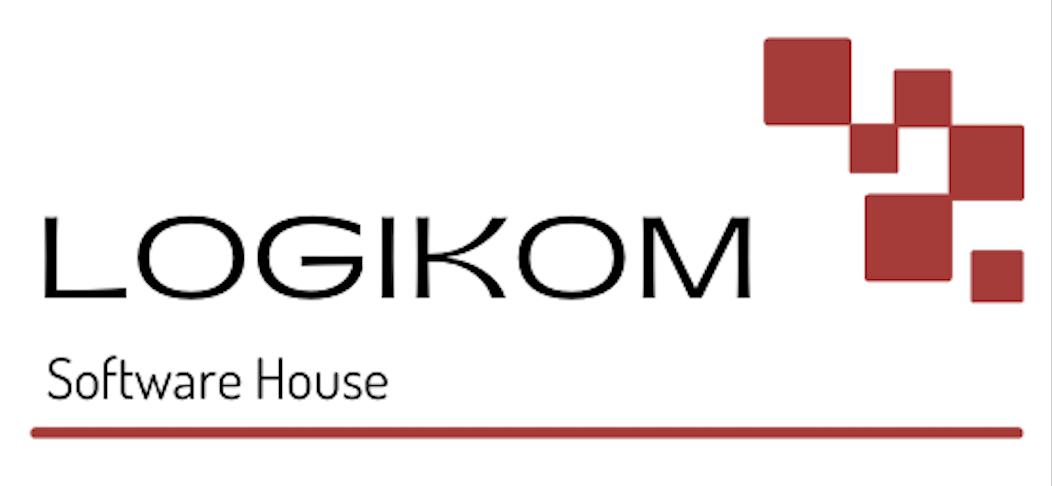Deciding between a time and materials (T&M) contract or a fixed price contract depends on the specific circumstances of the project, the level of uncertainty, and the preferences of both the client and the contractor. Each type of contract has its advantages and disadvantages, so it’s essential to consider the following factors to determine the best fit:
Project Scope and Complexity:
T&M Contract: T&M contracts are often more suitable for complex, long-term projects with evolving or unclear scopes. They provide flexibility to adapt to changes as the project progresses.
Fixed Price Contract: Fixed price contracts work best when the project scope is well-defined, stable, and unlikely to change significantly during the project’s execution.
Budget and Cost Control:
T&M Contract: T&M contracts allow for more flexibility in managing costs, as clients pay for actual hours worked and materials used. However, this can lead to cost uncertainty.
Fixed Price Contract: Fixed price contracts provide cost certainty for the client, as they know the total project cost upfront. Contractors must manage costs within the agreed budget.
Project Timeline:
T&M Contract: T&M contracts are more flexible in terms of project timelines, making them suitable for projects with shifting deadlines or uncertain durations.
Fixed Price Contract: Fixed price contracts often have stricter timelines and may include penalties for delays. They work well for projects with fixed completion dates.
Risk Allocation:
T&M Contract: In a T&M contract, the client bears more of the risk related to project changes and uncertainties, as they may end up paying more if the project takes longer or requires more resources.
Fixed Price Contract: Fixed price contracts shift more risk to the contractor, who must complete the project within the agreed budget, regardless of unexpected challenges.
Client-Contractor Relationship:
T&M Contract: T&M contracts require a higher level of trust and collaboration between the client and contractor because of the flexibility involved in making changes during the project.
Fixed Price Contract: Fixed price contracts may lead to a more transactional relationship, as the terms and scope are typically more rigid.
Change Management:
T&M Contract: T&M contracts easily accommodate changes in project scope but may require a clear change management process to avoid disputes.
Fixed Price Contract: Changes in scope under fixed price contracts can be more challenging to manage and may require negotiations and additional contracts.
In practice, some projects may benefit from a hybrid approach, such as a fixed price contract with a change order mechanism to address scope changes. Ultimately, the choice between T&M and fixed price contracts depends on the project’s unique characteristics, risk tolerance, and the willingness of both parties to collaborate and adapt as needed. It’s advisable to consult with legal and project management professionals to select the most appropriate contract type for a specific project.
Do you have a business idea, or a project you’d like to turn into reality? Contact us, we will build the best software solution for you, and provide your company with the best-in-class after sales support!






